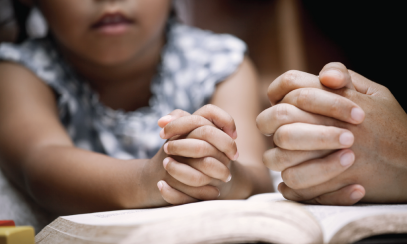
What's a Kid to Do?
Who Makes the Decisions About a Child’s Time?
Who Makes the Decisions About a Child’s Time?
In 1974, it looked like the career of Los Angeles Dodger pitcher Tommy John was about to end, but innovative surgery returned him to the mound – a procedure followed by other major-leaguers. But now, four-inch “Tommy-John” scars are appearing on the arms of adolescents. While it’s exciting to be a 12-year-old pitching inning after inning, a child doesn’t understand the long-term consequences of overuse injuries. Travel teams and tournament schedules are different from the old days of Little League and its weekly pitching restrictions. So it’s up to parents.
Our children participate in a variety of enriching extracurricular activities, but, we must help them maintain the balance that keeps these events captivating rather than holding our children captive.
“... educate them in the right use of their reason and freedom”(CCC #2228).
As they grow, children begin to make decisions regarding how to use their time. As our catechism points out, developing autonomy is a part of the education provided by parents. Explain the reasoning process behind your decisions at a level that your children can understand. This gives them a model for problem solving as they make more decisions on their own.
When a child wants to give up an activity.
If a child wants to give up an activity she’s appeared to enjoy in the past, listen carefully to the reasons. Perhaps there is teasing that is making the situation untenable. Maybe it takes more effort than the child assumed. If it is a short-term commitment and there is no harassment involved, then finishing is a reasonable solution. If years of training are involved, then give the decision some time. It may be more difficult for parents to give up the dream of the potential college scholarship and the future career than it is for the child to give up the activity!
And remember to pray about these decisions.The time we spend in prayer, in our relationship with God, helps free us from society’s demands and teaches us God’s wisdom. As St. Therese of Lisieux wrote, “For me, prayer is a surge of the heart; it is a simple look turned toward heaven, it is a cry of recognition and of love, embracing both trial and joy.”



